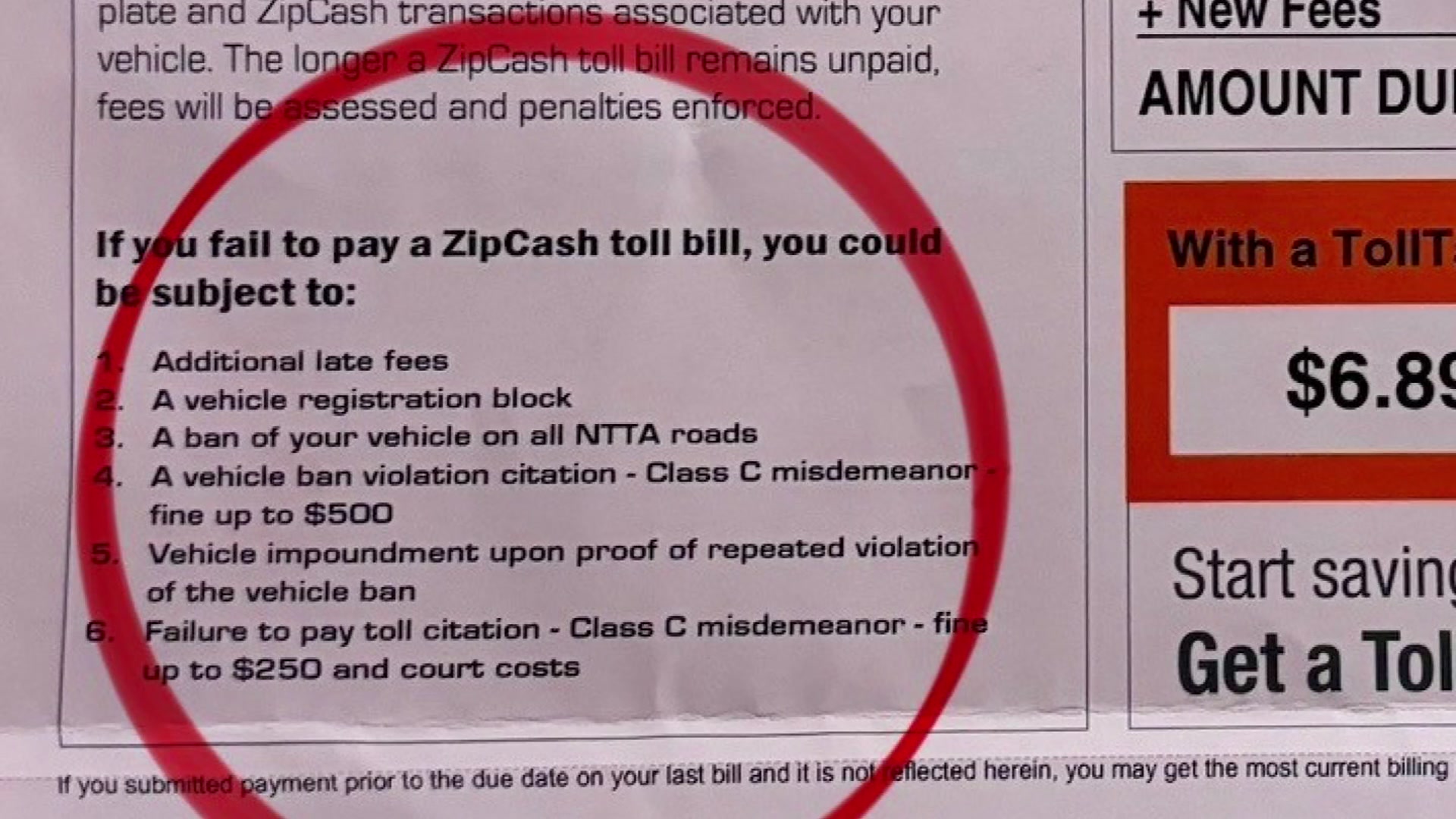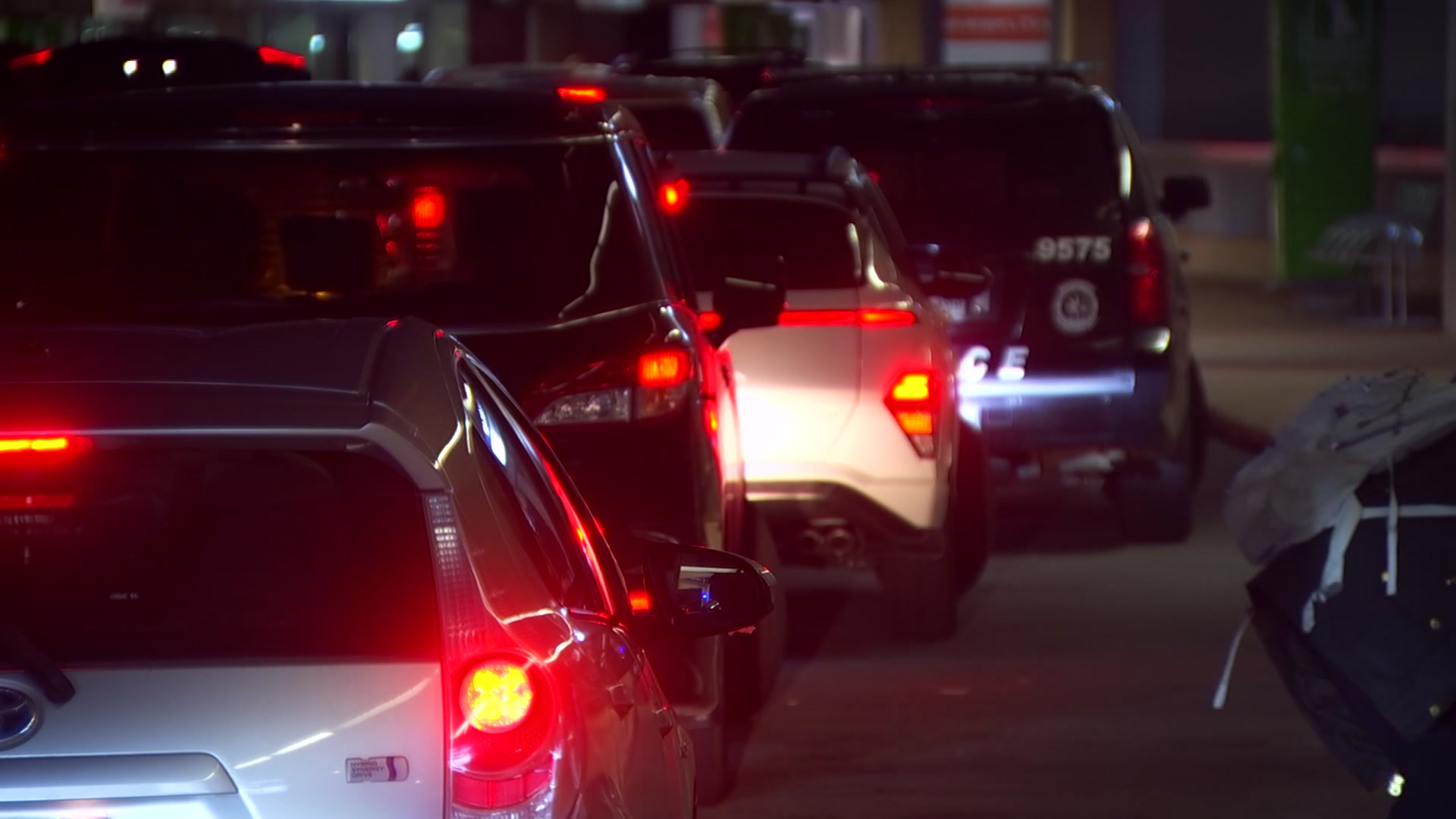Law enforcement says trucks used in attacks in New Orleans and Las Vegas were rented through Turo, a car-sharing app popular across the U.S., including North Texas. NBC 5’s Diana Zoga explains how it operates.
Law enforcement has said the trucks used in the attack in New Orleans and the explosion in Las Vegas were each borrowed through a peer-to-peer car-sharing app called Turo. Here's what we know about the platform that operates throughout the U.S. and in North Texas.
CAR-SHARING MARKETPLACE
Similar to renting a place to stay on a website like Airbnb, Turo calls itself a car-sharing marketplace that connects vehicle owners, called hosts, to drivers who will pay a daily rate to use privately owned cars. The company is based in San Francisco and launched the platform in 2010.
According to this SEC filing, Turo wrote as of September 30, 2024, it counted around 150,000 active hosts, 350,000 active vehicle listings and 3.5 million active guests from around the world.
Get top local stories in DFW delivered to you every morning. Sign up for NBC DFW's News Headlines newsletter.
In 2023, a Turo spokesperson told NBC 5 the company doesn’t own or maintain the vehicles. Hosts decide what to offer and when.
"We have hosts who do this just to make ends meet or to supplement paying bills or even just to pay off their car note itself,” Catherine Majia said at the time. “It's just a way to pay off your car note and we have other hosts who do this as a small business."
HOW APP USERS BORROW A VEHICLE
On the platform’s FAQ, Turo explains a user must create an account, have a valid driver’s license and get approved to drive on the app. In the U.S., the driver must be 18 or older.
Under its terms of service, Turo’s website writes it has the right, but not the obligation, to help verify identities or check the backgrounds of users. The website said it does not endorse any vehicle, user or user’s background or commit to undertake any specific screening process. It may use third-party services to verify information provided to Turo. Under the troubleshooting section of Turo’s website, it writes, for effectiveness, it doesn’t disclose its screening measures.
Thursday, a Turo spokesperson wrote, "We remain shocked and saddened by yesterday’s horrific events, and our hearts are with the victims and their families. We are outraged by the misuse of our marketplace by the two individuals who perpetrated these acts. Every Turo renter is screened through a proprietary multi-layer, data-science-based trust and safety process. We utilize over 50 internal and external data sources to build, maintain, and improve on our best-in-class Turo Risk Score."
A spokesperson for Turo added, "We do not believe these two individuals would have been flagged by anyone – including Big Rental or law enforcement."
A Turo spokesperson also writes, "Turo operates a safe and trusted marketplace. As of September 30, 2024, we have collected data from over 90 million booked days, 27 million trips, 8.6 billion miles driven, through 12 years of operating history, less than 0.10% of Turo trips end with a serious incident such as a vehicle theft."
In an online statement posted January 1, the company shared, in part, “Our trust and safety team is actively partnering with law enforcement authorities to share any information that could be helpful in their investigations.”
Turo also wrote, “We do not believe that either renter had a criminal background that would have identified them as a security threat, and we are not currently aware of any information that indicates the two incidents are related.”
It is not the only peer-to-peer car-sharing company. There are other platforms for offering and borrowing private vehicles.





